Paying for unproductive friction with borrowed money has generated the illusion that free to me is actually free--it isn't.
We all understand how friction slows our progress: flatten the tires on a bicycle and it becomes much harder to maintain speed. If a brake pad is rubbing against one wheel, it gets even harder.
If we pile on additional sources of friction, eventually forward motion stops. In systemic terms, the system freezes up and collapses.
Here are some examples of systemic friction in the U.S. economy:
1. College degrees that cost four times as much but yield diminishing value in the job market.
2. Millions of needless medical tests performed to maximize profit or deflect future lawsuits (i.e. defensive medicine).
3. Weapons systems that cost four times as much as the system they replace while being less effective and more costly to maintain/repair.
The list of such sources of friction is essentially endless. Why is this so?
The answer is: rentier skims and offloading risk onto the system are forms of friction, and as noted yesterday in The Slide to Collapse Is Greased with Self-Interest, rational self-interest is best served by transferring personal risk of loss onto the State (i.e. taxpayers). Influencing the State to protect one's private skims, job, income, pension, profits and gains offloads risk onto the taxpayers.
All this systemic friction adds cost and precious little increase in output or productivity. Nobody's actually healthier or more productive because millions of useless tests have been performed, just as nobody actually learned more as a result of their college costs soaring from $25,000 for a bachelor's degree to $100,000 for virtually identical courses, professors, curriculum, etc.
These charts shout diminishing returns and unsustainable expansion of debt borrowed by uncreditworthy borrowers.
In effect, we've paid for all this systemic friction by borrowing vast sums of money--money that has been squandered paying for unproductive friction under the guise of "investing in education, healthcare and national defense." But since there is no systemic mechanism for discovering the price of this friction or disciplining unproductive spending on friction, there is no structural restraint on this Status Quo "solution" other than the debt itself.
The ultimate discipline in using debt to fund friction is the rising cost of interest on all this debt. Even at low rates, interest absorbs an increasing percentage of national income.
As long as the interest rate on debt is low, the path of least resistance is to keep borrowing to support politically untouchable programs, cartels and constituencies. Eventually, the cost of servicing the debt overwhelms the diminishing returns on using debt to pay the soaring costs of friction.
Here is the Federal debt, not including the bogus inter-governmental debts (money owed to the illusory Social Security Trust Fund).
Everyone knows Federal debt has skyrocketed, but so has the debt of state and local governments: state and local government debt has risen by 250% just since 2002.
If we add up all debt--household, finance, corporate and government--we see debt has soared and growth has stagnated: this is a classic case of diminishing returns as more debt is required to add each additional increment of GDP.
At some point, additional debt is taken on to simply make interest payments; at that juncture, there is no consumption/buying taking place with the new debt: it's simply keeping the borrower out of default.
In other words, by using debt to pay the rising costs of friction, we've added another layer of friction: interest payments. In effect, we've "solved" the problem of rising friction by borrowing money that creates its own friction.
Paying for unproductive friction with borrowed money has generated the illusion that free to me is actually free--it isn't. It's also generated the illusion that piling up debt is risk-free as long as interest rates are low and the government backstops all the debt.
The final illusion is that there is no mechanism to brake the expansion of debt: that the "solution" to rising interest costs is to borrow more money.
We will discover, to our detriment, that friction and debt are both self-liquidating:that is, they bring about their own liquidation via systemic collapse.
Related topics:
Get a Job, Build a Real Career and Defy a Bewildering Economy(Kindle, $9.95)(print, $20)
 Are you like me? Ever since my first summer job decades ago, I've been chasing financial security. Not win-the-lottery, Bill Gates riches (although it would be nice!), but simply a feeling of financial control. I want my financial worries to if not disappear at least be manageable and comprehensible.
Are you like me? Ever since my first summer job decades ago, I've been chasing financial security. Not win-the-lottery, Bill Gates riches (although it would be nice!), but simply a feeling of financial control. I want my financial worries to if not disappear at least be manageable and comprehensible.
And like most of you, the way I've moved toward my goal has always hinged not just on having a job but a career.
You don't have to be a financial blogger to know that "having a job" and "having a career" do not mean the same thing today as they did when I first started swinging a hammer for a paycheck.
Even the basic concept "getting a job" has changed so radically that jobs--getting and keeping them, and the perceived lack of them--is the number one financial topic among friends, family and for that matter, complete strangers.
So I sat down and wrote this book: Get a Job, Build a Real Career and Defy a Bewildering Economy.
It details everything I've verified about employment and the economy, and lays out an action plan to get you employed.
I am proud of this book. It is the culmination of both my practical work experiences and my financial analysis, and it is a useful, practical, and clarifying read.
Test drive the first section and see for yourself. Kindle, $9.95 print, $20
"I want to thank you for creating your book Get a Job, Build a Real Career and Defy a Bewildering Economy. It is rare to find a person with a mind like yours, who can take a holistic systems view of things without being captured by specific perspectives or agendas. Your contribution to humanity is much appreciated."
Laura Y.
Gordon Long and I discuss The New Nature of Work: Jobs, Occupations & Careers (25 minutes, YouTube)
NOTE: Contributions/subscriptions are acknowledged in the order received. Your name and email remain confidential and will not be given to any other individual, company or agency.
| Thank you, Deborah C. ($20), for your much-appreciated generous contribution to this site -- I am greatly honored by your support and readership. | | Thank you, William M. ($5/month), for your outstandingly generous re-subscription to this site -- I am greatly honored by your renewed support and readership. |
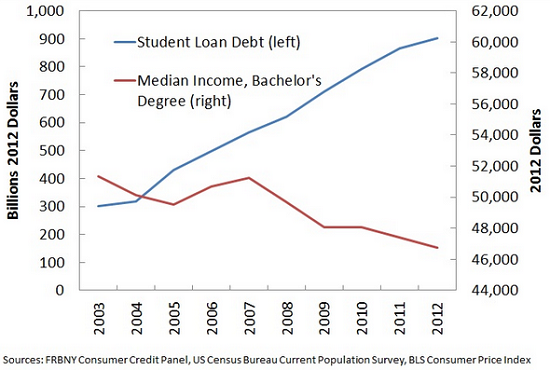
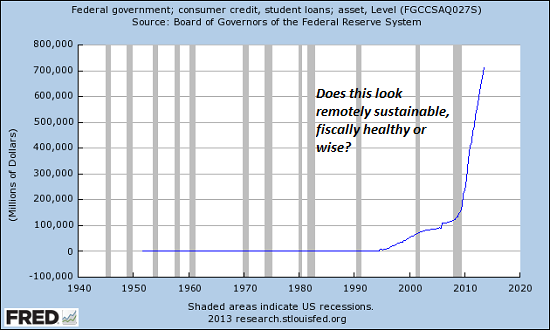
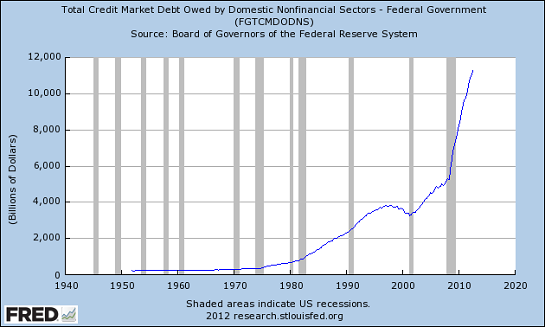
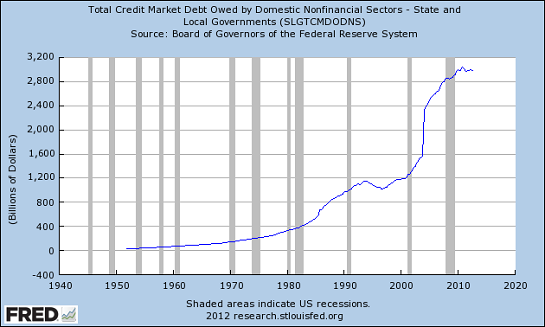
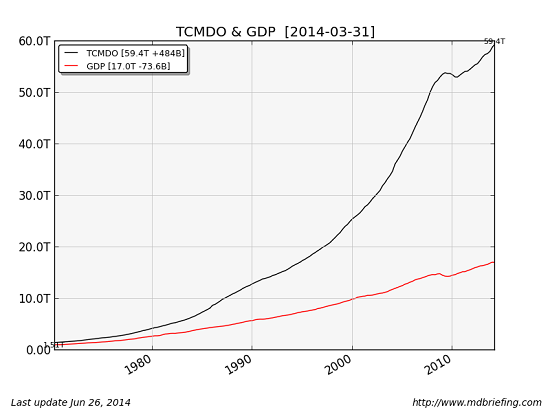
 Are you like me? Ever since my first summer job decades ago, I've been chasing financial security. Not win-the-lottery, Bill Gates riches (although it would be nice!), but simply a feeling of financial control. I want my financial worries to if not disappear at least be manageable and comprehensible.
Are you like me? Ever since my first summer job decades ago, I've been chasing financial security. Not win-the-lottery, Bill Gates riches (although it would be nice!), but simply a feeling of financial control. I want my financial worries to if not disappear at least be manageable and comprehensible.


























